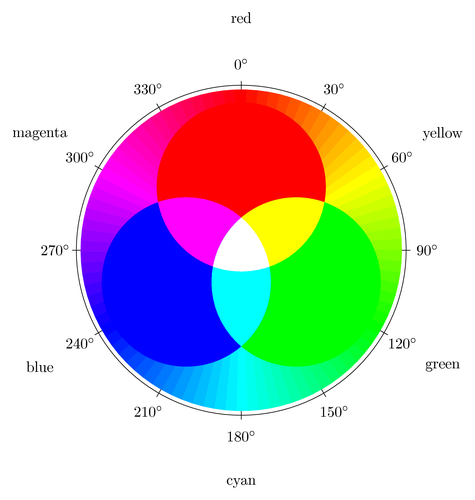Let us assume you have normal vision. By that I mean you, with or without aid, can see something before it hits you and also tell what color that something was. Now look around you and see this wonderful palette of colors spread around you, trees in their final leg of preparing for the winters, have transformed this beautiful campus of ours into a celebration of colors. So what colors do you see? Yellow, orange, red and maybe even pink might be some of the answers everyone will come up with. But if you did too, let me tell you, you did not read the question well enough.Let me ask again. What colors do YOU see? Notice the emphasis and realize that the expectation was for you to tell me your personal experience. Not the representation of that experience based on the rules that you have learned over the years.
Let me explain. You were probably two when you were taught that apples were red. You accepted that and every time from then on you saw something that looked the same color you shouted, Red! and your parents gushed about how quickly you were learning things and how you were going to be a scientist when you grew up. Similarly, for all the colors you saw you were given a name for them. But, would you have a way of communicating the colors you see around you if you were stripped off of this system of naming that you have been taught? No, you do not. Here is where it gets really interesting. How can we be sure that the color you see and call red is the same color I see when I call red? Is it not possible that we could both internally be seeing completely different colors, but have learned to call them the same name? We all internally might be seeing completely different colors, but are able to communicate effectively since we all have a fixed system we follow for identifying them.
Now I am not just hypothesizing something crazy here. This is a legitimate research area and the color vision scientists at the University of Washington have said that it is completely possible that we might all be seeing completely different colors after their research on monkeys. So my red might really be your green and yet, as of now our way of communication or language is not advanced enough to be able to communicate what really our individual internal experiences are. Philosophy calls these individual experiences as ‘qualia’. These qualia are subjective conscious experiences that are highly individual in nature and not possible to be communicated. Now this expands our scope manifold and questions like what does an orange taste like? What is like to feel pain? And what is it like to be yourself and come into the light and yet stay in the dark? Some researchers disprove qualia since it has not yet been scientifically proven that these experiences differ from individual to individual or for that matter even exist. But that is because as of now we just do not have a way to quantify or even describe these experiences and thus they cannot be disproved of.
True knowledge exists in knowing that you know nothing. ~ Socrates
Now some pragmatists also believe that it is not worth finding out about these individual experiences because they quite simply do not matter. We as a society have devised ways to communicate effectively around them and it simply does not matter that my red might be your green unless we both call it red. While that might very well be practical for the normal functioning of our society, we certainly do not lose everyone in the pursuit of quantifying these internal experiences, but the degree to which you find this conundrum frustrating might really be a good indicator of where you fall on the pragmatist vs ideal debate. Pondering on these ‘qualia’ might also lead a curious soul to the sad realization of just how lonely we are in ourselves. If something as basic as colors could be subjective in nature then our complete perception of the world around us might be absolutely individual and unique and yet, we have no way of communicating it to others. So again what fall colors do YOU see?


